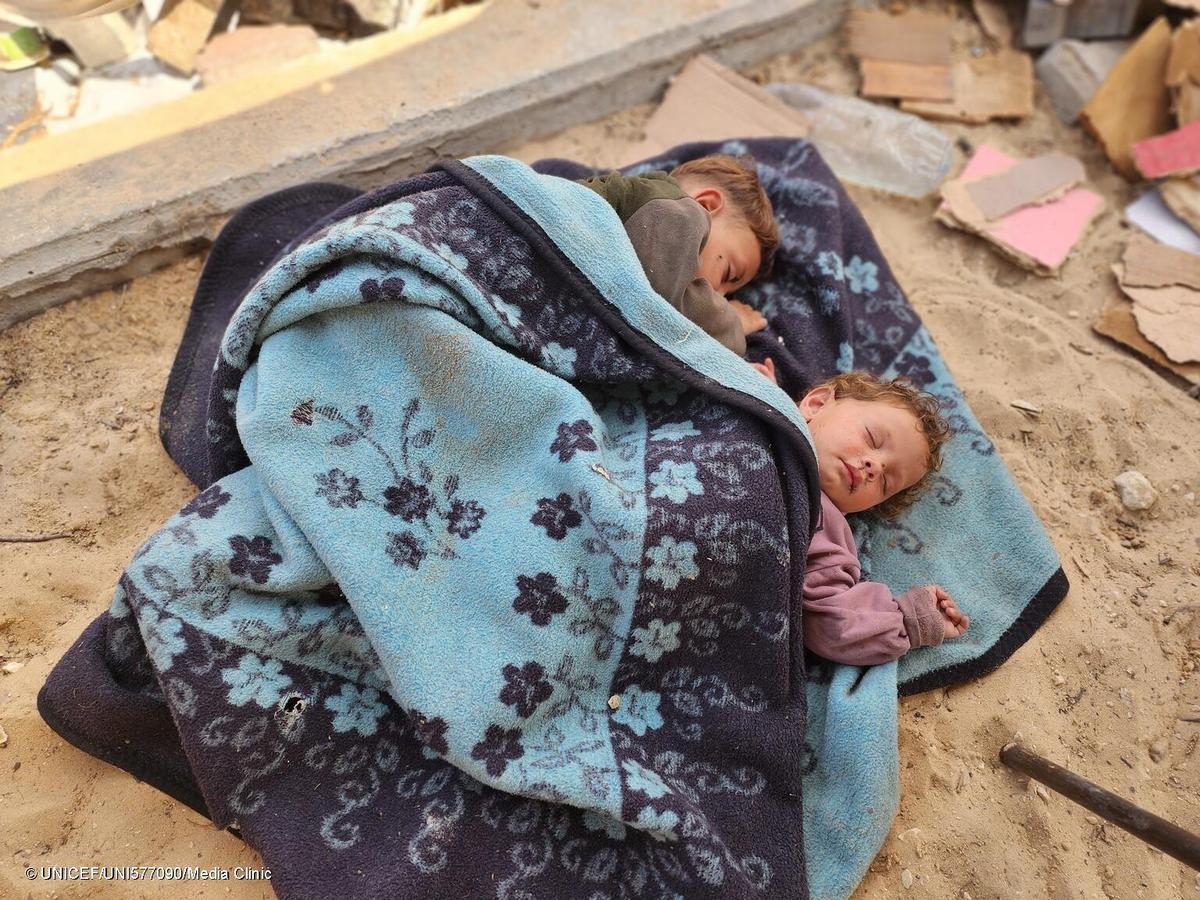Addressing the Global Security Forum in the Qatari capital, Doha, the United Nations Under-Secretary-General for Humanitarian Affairs said that civilian children and women in both Gaza and Sudan pay a heavy price every day in light of the failure to reach consensus on solutions.
At the forum, which was held under the slogan “Strategic Competition: Complex Interdependence,” Martin Griffiths said, “We once had a dream that we could come together to save future generations from the scourge of war,” in reference to what was stated in the Charter of Nations. Griffiths added: “But the constant competition, hostility and aggression between countries has prevented this dream from becoming a reality for a very large number of people.”
He further noted that they witnessed how strategic competition “was the hidden – or not-so-hidden – hand behind the eruption of seemingly endless conflicts. How it hampered efforts to prevent and resolve conflicts.”
He pointed out how the world witnessed the spread of “unimaginable, devastating tragedies and traumas” in Gaza and Sudan, at a time when the war in Ukraine remains a source of great concern.
The UN official warned that strategic competition is not only limited to preventing the resolution of conflicts, but it also fuels them, through powerful countries in each region arming or supporting the warring parties, or protecting them from international controls.
He also noted how strategic competition and economic protectionism have prevented an adequate collective response to the climate crisis, the COVID-19 pandemic, and confronting economic and social inequality.
He stressed that climate change caused by activity in developed and developing countries has the most harmful impact on those who did the least to cause it, and are often thousands of miles away from where it is caused.
The United Nations Emergency Relief Coordinator noted that humanitarian needs have increased significantly over the past few years.
He added, “This year, our estimates indicate that 300 million people need humanitarian assistance around the world. Of course, we have never approached this number before.”
He pointed out that displacement, acute food insecurity and malnutrition have reached historically high levels, as well as a rise in health emergencies and impunity. “As you can see, I’m not overstating the desperate situation,” Griffiths said.







